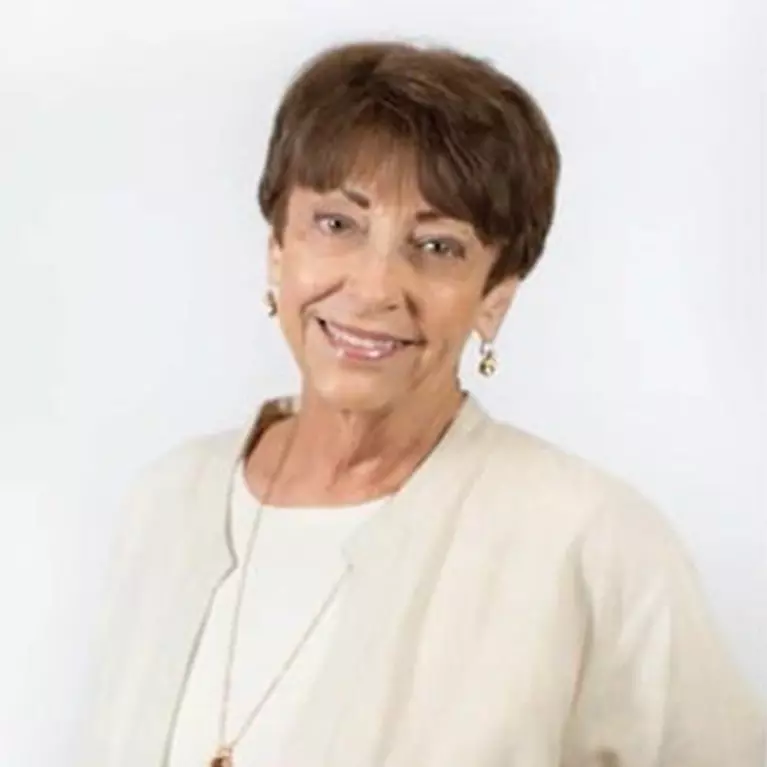From making us laugh as Pam Beesly on The Office to becoming a voice of strength in her real-life fight against breast cancer, Jenna Fischer’s journey is nothing short of inspiring. Her diagnosis shook her to the core, but it also ignited a deep sense of purpose in raising breast cancer awareness. In this post, we delve into Jenna’s diagnosis, her courageous path, and how it has reshaped her outlook on life.
The Diagnosis That Changed Everything
In 2022, Fischer shared the shocking news of her breast cancer diagnosis. Like many women, she had regular screenings, but nothing quite prepares you for the day the results come back positive. Fischer has spoken openly about the whirlwind of emotions she experienced, from fear to hope, after hearing the words, "You have breast cancer."
"I never thought it would be me. But breast cancer doesn’t discriminate. The support I received from family, friends, and other survivors has been life-changing," says Jenna Fischer.
Her story is a reminder that early detection through regular screenings is crucial in saving lives, and she hopes to inspire other women to take their health seriously.
The Role of Cancer Support Groups in Healing
One of the most impactful parts of Fischer’s journey has been the role that cancer support groups played in her recovery. These groups offer a lifeline to individuals facing similar challenges, and the numbers speak for themselves:
80% of breast cancer survivors who participate in support groups report improved emotional well-being.
75% experience reduced anxiety and depression by engaging with others who share their experiences.
65% of participants note a higher quality of life during treatment when connected to a support network.
Support groups provide emotional strength, shared experiences, and valuable coping strategies, making them a vital resource for anyone navigating a cancer diagnosis.
Frequently Asked: When Should I Get a Breast Cancer Screening?
Q: How often should I schedule a breast cancer screening?
A: The American Cancer Society recommends women start annual mammograms at age 40, though some may start earlier if they have a family history of breast cancer. Regular self-exams are also important for noticing any unusual changes. The key is being proactive—early detection is a game changer in treating breast cancer effectively.
Have you scheduled your screening this year?
A Shift in Mindset: Life After Breast Cancer
Fischer’s diagnosis prompted her to reevaluate what truly matters. While once juggling work-life balance seemed like the most significant challenge, surviving breast cancer has reshaped her priorities. Today, she speaks candidly about self-care, mindfulness, and spending more time with loved ones.
"Breast cancer made me slow down and appreciate the small things. I live each day with a deeper sense of gratitude and purpose,” Jenna Fischer shared in an interview after completing treatment.
Her words remind us all to cherish life’s fleeting moments and focus on what matters most—our health, family, and inner peace.
How Bravadas Wigs and Hair Restoration Supports Those on a Similar Journey
For many women undergoing treatment, hair loss becomes a painful reality. Bravadas Wigs and Hair Restoration provides personalized support to women facing hair loss due to breast cancer treatments. Whether it’s custom wigs, hair toppers, or simply compassionate advice, Bravadas is here to help women feel confident and beautiful throughout their journey.
Jenna Fischer’s story highlights the importance of community, support, and self-care. If you or someone you love is facing hair loss due to breast cancer treatments, Bravadas Wigs and Hair Restoration is here to help. With expert staff and a compassionate approach, Bravadas offers wigs, toppers, and other hair restoration solutions designed to restore confidence and beauty.
Reach out to Bravadas today to learn how they can support you on your journey to healing.


